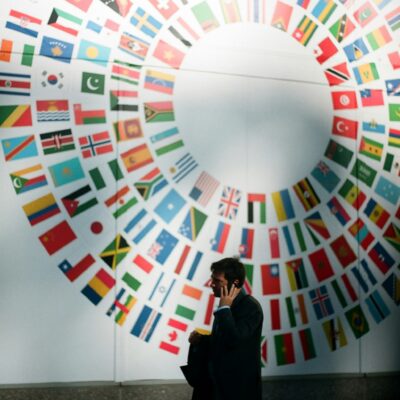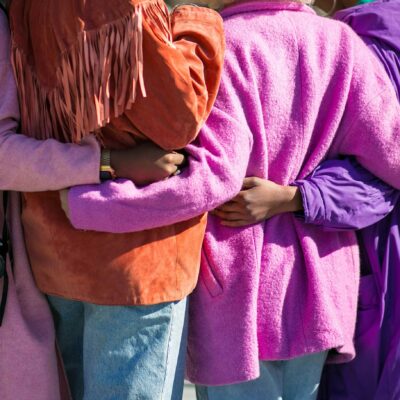 Photo: Dario Daniel Silva/ Unsplash
Photo: Dario Daniel Silva/ Unsplash
This is a summary of a post by Amy Cano Prentice and Dina Zayed, published on the ODI Global website on 21 November 2024. Access the full article here.
A recent post by Amy Cano Prentice and Dina Zayed, published by ODI Global, highlights the stark underrepresentation of women at COP29, where only 8 of 77 opening speakers were female. This imbalance, the authors argue, reflects a deeper global challenge to achieving gender equity in climate leadership and beyond.
The authors emphasized that this year has seen widespread setbacks for gender equity. Populist leaders in several countries have actively weaponized women’s rights to push restrictive policies, such as limiting access to sexual and reproductive health services. No country, they noted, is on track to meet the gender equality goals of the UN’s Sustainable Development Goals, while women’s rights organizations receive less than 1% of global aid.
Cano Prentice and Zayed pointed to the critical role of the UNFCCC in advancing gender rights amid this global regression. At COP29, negotiators had an opportunity to build on the Lima Work Programme on Gender (LWPG) and renew the Gender Action Plan (GAP). However, progress has been slow. Resistance from certain countries, including Russia and Saudi Arabia, has stalled discussions, particularly around inclusive language that acknowledges gender diversity and intersectionality.
The post highlighted the disproportionate climate impacts faced by women, particularly in developing countries. Women are more vulnerable to crises such as water and food insecurity and are often displaced by climate change. Yet, the authors noted, their voices are largely absent from decision-making spaces, with women comprising just 34% of delegates at recent COPs and holding only 20% of the heads of delegations roles.
The authors called for action, urging negotiators to strengthen the Lima programme and ensure gender-sensitive policies with measurable progress indicators. As they stated, “we need inclusive approaches that centre the most marginalised and we need a clear outline of the indicators required to drive sustained and enduring progress on gender equality”.
The post makes a compelling case that gender equality is essential for effective climate action. The authors stress that the time for backtracking is over—addressing the inequalities that amplify climate vulnerabilities is not just a moral imperative but a practical necessity for building resilience and achieving justice. As they conclude, “we know that differential climate vulnerabilities are gendered, and they are real. We must act like it.”










